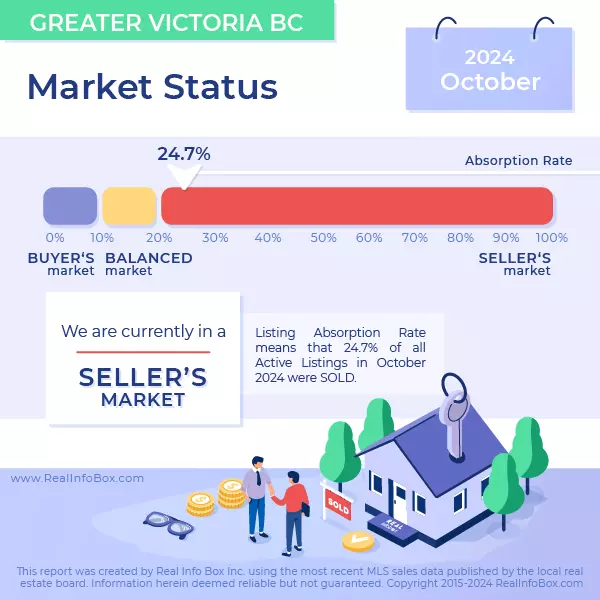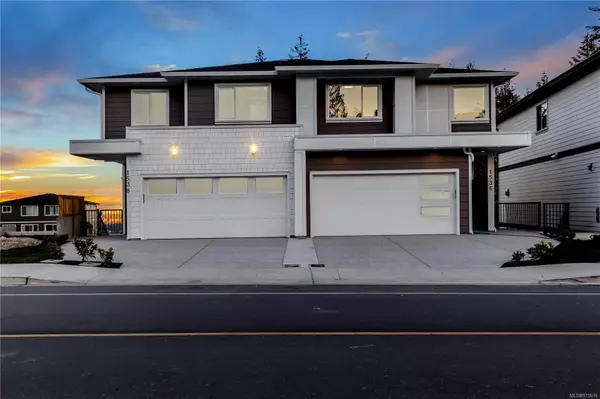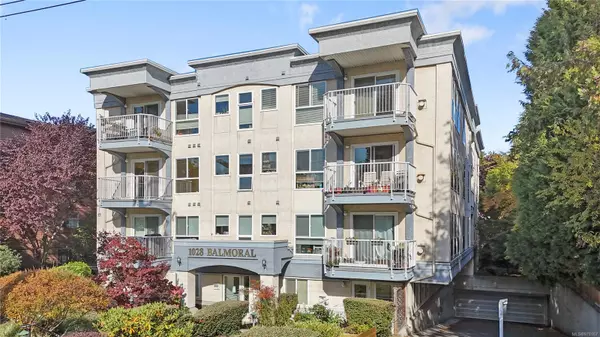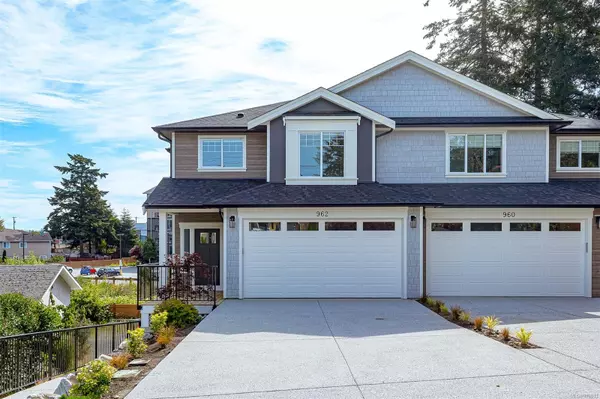The Difference Between Regular and Bare Land Stratas

In British Columbia, land can be subdivided in various ways. When it comes to strata-titled properties, one of the primary distinctions lies between regular strata corporations and bare land strata corporations.
Understanding the nuances between the two types of stratas is crucial when purchasing property in BC. This knowledge affects ownership rights, responsibilities, and how common property is managed.
1. What Do All Strata Developments Have in Common?
In all strata developments:
-
Strata Lots - Individuals own separate units within the strata development, known as strata lots.
-
Common Property - Owners jointly own and use the common property, which may include components such as infrastructure, amenities, and other shared assets.
2. What is a Regular Strata Corporation?
A regular strata corporation involves subdividing one more more buildings into:
-
Privately Owned Units - Individual strata lots, such as apartments, townhouses, etc., and
-
Common Property - Shared components within the strata development, such as roadways, parking facilities, entryways, hallways, mechanical and electrical systems, roofs, windows, doors, and exterior walls.
3. What is a Bare Land Strata Corporation?
A bare land strata corporation is characterized by the subdivision of land, not buildings, into separate parts:
-
Privately Owned Land Parcels - Individual strata lots on which owners may build homes or other structures, and
-
Common Property - Shared infrastructure like roads, utilities and recreational spaces.
Key Point: The presence of buildings is irrelevant; it's the subdivision of land, rather than buildings, that differentiates a bare land strata from a regular strata.
4. How Can I Tell if This is a Regular or Bare Land Strata?
To determine the type of strata corporation, you’ll need to:
-
Obtain a copy of the strata plan. This document is filed with the Land Title Office.
-
Check the heading of the strata plan:
-
If it states "Bare Land Strata Plan", it's a bare land strata.
-
Otherwise, it's likely a regular strata.
-
5. What are the Main Differences Between a Regular and Bare Land Strata?
The main differences lie in the responsibilities owners have regarding repair and maintenance:
a) Regular Strata Corporations:
-
Common Property Responsibilities:
-
Many components within the strata corporation are common property. This often includes roadways, walkways, entryways, hallways, parking and storage facilities, amenities like pools or gyms, mechanical and electrical systems, building envelope components such as roofs, windows, doors, exterior walls, and exterior landscaping.
-
-
Owner Responsibilities:
-
Owners are typically responsible for the interior of their units.
-
b) Bare Land Strata Corporations:
-
Common Property Responsibilities:
-
Common property is usually more limited and typically includes components like roadways and walkways, landscaping outside individual strata lot parcels, and mechanical and electrical infrastructure up to the boundary of each individual bare land strata lot.
-
-
Owner Responsibilities:
-
Owners are typically responsible for repairing, maintaining, and insuring everything within their strata lot parcel of land. This includes any structures built on the lot (such as houses) and all their components, including mechanical and electrical systems, building envelope components (roofs, walls, windows, doors, etc.), and any landscaping on the individual lot.
-
In short, regular strata owners tend to have more shared maintenance responsibilities, while bare land strata owners take on much more of the maintenance and insurance themselves.
Info provided by: Condo Clear
Categories
Recent Posts










"My job is to find and attract mastery-based agents to the office, protect the culture, and make sure everyone is happy! "
